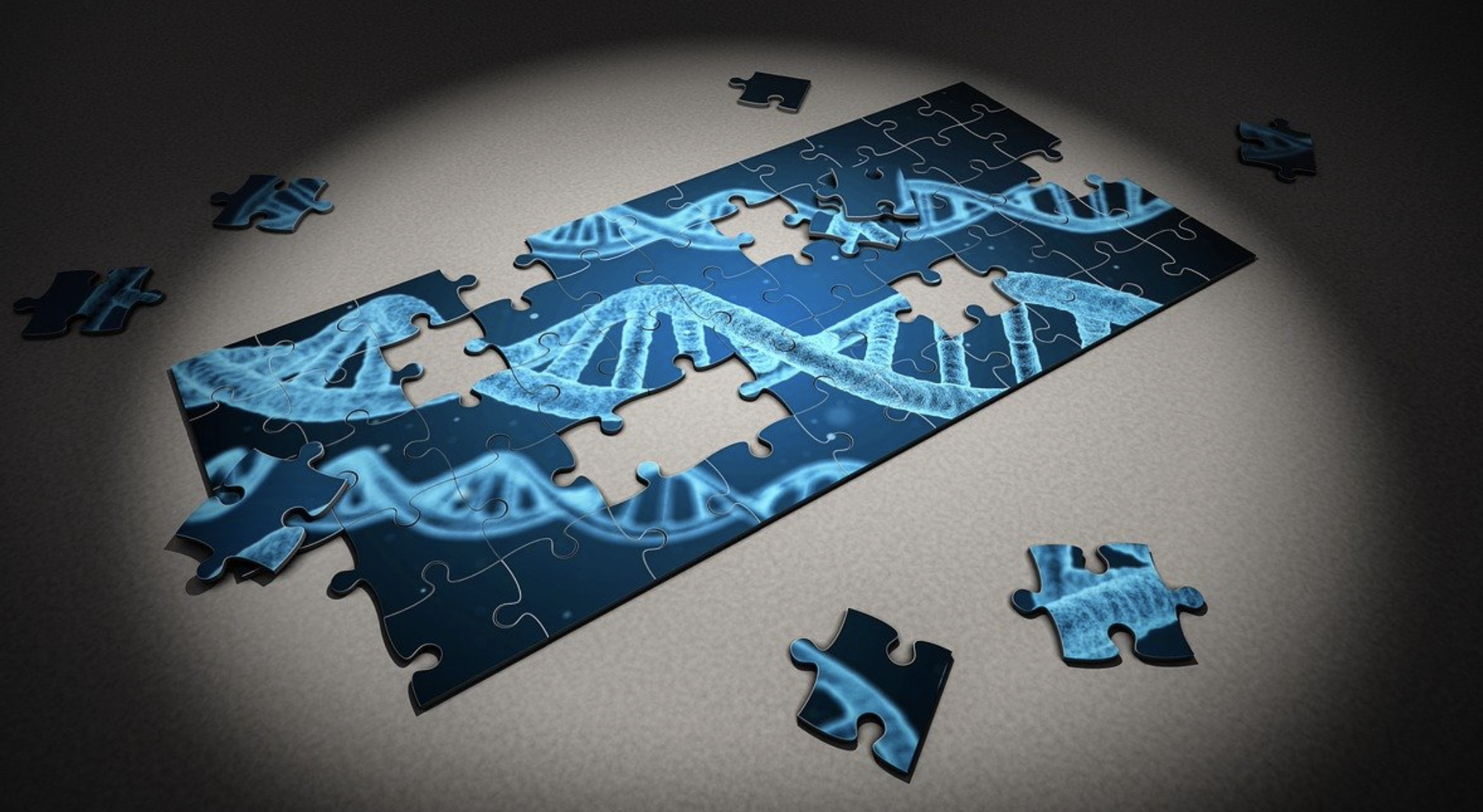
BLOG: NEWS, RECIPES AND ARTICLES
Functional medicine approach to healing autoimmune disease
Autoimmune disease represents an inappropriate immune response. The solution to reaching symptom control and disease remission is supporting the immune system to behave more normally. In conventional medicine, powerful immune modulating drugs are often prescribed. In functional medicine, there is a focus on restoring balance in the body by addressing lifestyle, diet, gut health and nutritional deficiencies among other factors. Conventional and functional approaches are not mutually exclusive and can be used together. The ultimate goal is to lower chronic inflammation that triggers symptoms flare-ups and disease progression.
An autoimmune disease is a condition in which the body’s immune system mistakenly attacks the healthy cells of the body rather than a germ like a bacteria or virus. The type of autoimmune disease is named based on the organ(s) being targeted by the body. Some autoimmune diseases target only one organ. For example, Hashimoto’s thyroiditis involved damage of the thyroid. Other autoimmune diseases, like systemic lupus erythematosus (SLE), affect the whole body.
Addressing the autoimmune process
Autoimmune disease represents an inappropriate immune response. The solution to reaching symptom control and disease remission is supporting the immune system to behave more normally. In conventional medicine, powerful immune modulating drugs are often prescribed. In functional medicine, there is a focus on restoring balance in the body by addressing lifestyle, diet, gut health and nutritional deficiencies among other factors. Conventional and functional approaches are not mutually exclusive and can be used together. The ultimate goal is to lower chronic inflammation that triggers symptoms flare-ups and disease progression.
It all starts in the gut
About 70 percent1 of the body’s immune system is located in the lining of the gut and is influenced by the health of the gut microbial community2. The immune system here plays a vital role in keeping the body healthy by providing a fine balance between the elimination of invading pathogens and tolerance to healthy self-tissue. Alterations to the gut lining and gut microbial community can cause immune imbalance, leading to autoimmune disorders.
Supporting intestinal health is essential for a healthy immune system and is the ideal place to start a healing journey. The health of the body’s microbiome and gut lining are directly influenced by things like metal health/stress management, diet and sleep3 quality.
Use diet to heal autoimmune disease
Healing the gut with nutrition requires an individualized treatment plan based on what is happening in the gut. A detailed assessment of symptoms combined with specialized testing can provide direction for treatment that may involve correcting microbiome imbalances, parasitic infections or overgrowth patterns.
Nutrition tips to reduce inflammation and help manage autoimmune symptoms
1. Identify your trigger foods.
When the gut lining is unhealthy, people may develop sensitivities to foods. These foods can then perpetuate chronic inflammation. Food trigger will vary person to person and will be different depending on the autoimmune disorder involved. There are certain foods that are common triggers for inflammation and are best avoided with autoimmune disease, such as grains, gluten, dairy, refined and added sugars, alcohol and coffee for a period of time. Once symptoms are improved, these foods are reintroducing slowly back into the diet in a systematic way.
2. Try an autoimmune paleo diet (AIP).
If avoiding top pro-inflammatory foods listed above does not provide relief, then moving to an advanced paleo diet approach may be helpful. An Autoimmune Paleo Diet (AIP) further restricts foods that may be inflammatory including removing all grains, dairy, gluten, legumes, nuts, seeds, nightshade produce, processed foods, and vegetable oils, as well as sugar and sweeteners from your diet to identify foods that may trigger a flare-up. Not everyone needs a diet this restrictive to find relief and healing, but an AIP intervention can be very powerful for healing. An AIP diet can be very restrictive and is not meant for long-term use. The elimination phase of the diet lasts 30 days and is followed by a structured reintroduction phase.
3. Focus on eating a variety of healthy foods.
A common mistake people make when trying to follow an anti-inflammatory diet for autoimmune diseases is restricting the list of foods they eat and eating those same foods over and over again. Focusing eating a variety of foods from the exhaustive list of vegetables, fruits, proteins, etc. that are included in the diet provides healing nutrients like phytonutrients, antioxidants and omega-3’s for healing. Adding a variety of fruits and vegetables into your diet can also help prevent intolerances and ensure you’re getting a spectrum of vitamins and minerals.
4. Address nutrient deficiencies.
Nutritional insufficiencies and deficiencies are common in the US. In people with autoimmune disorders vitamins A and D, omega-3 fatty acids and minerals like zinc and magnesium are especially important for healing. Addressing gut health to optimize nutrient absorption and eating a nutrient dense diet are imperative steps toward healing. Filling up on vitamin A-rich foods, like beef liver and wild Alaskan fermented cod liver oil, and vitamin D-rich foods, such as sardines and salmon can be helpful. For foods that are excellent sources of zinc, go for oysters, beef, crab, turkey, and chicken. And those that are high in magnesium, check out mackerel, spinach, Swiss chard, and avocado. In some cases, adding strategic supplementation to address deficiencies is important. If you have an autoimmune disease, talk to your doctor about regularly checking your levels of these key nutrients.
Addressing autoimmunity requires a personalized approach. Talk with Relish Health to begin your healing journey.
BOOST YOUR IMMUNITY WITH FUNCTIONAL MEDICINE
TESTING, TESTING... WHICH ONES MIGHT BE RIGHT FOR YOU?
References:
1. Vighi G, Marcucci F, Sensi L, Di Cara G, Frati F. Allergy and the gastrointestinal system. Clin Exp Immunol. 2008;153 Suppl 1(Suppl 1):3-6. doi:10.1111/j.1365-2249.2008.03713.x
2. Wu HJ, Wu E. The role of gut microbiota in immune homeostasis and autoimmunity. Gut Microbes. 2012;3(1):4-14. doi:10.4161/gmic.19320
3. Smith RP, Easson C, Lyle SM, et al. Gut microbiome diversity is associated with sleep physiology in humans. PLoS One. 2019;14(10):e0222394. Published 2019 Oct 7. doi:10.1371/journal.pone.0222394

